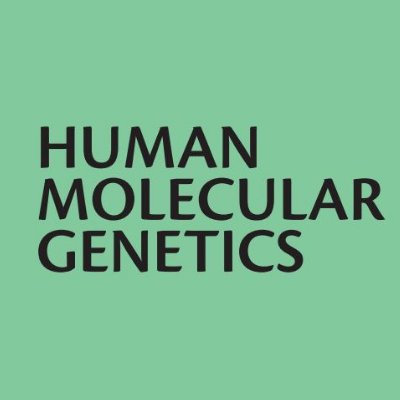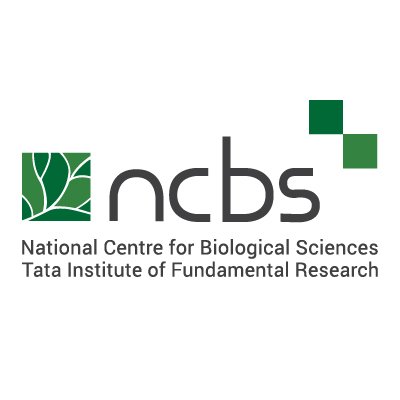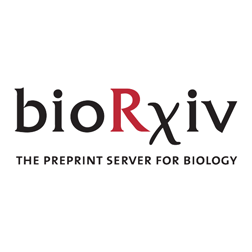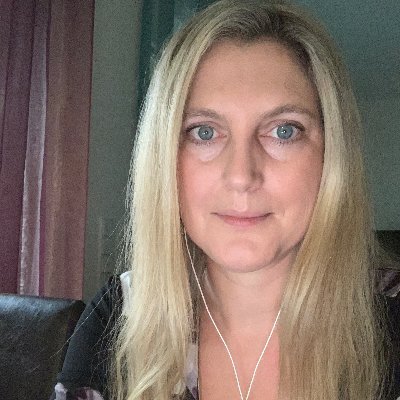
Archit Singh
@Architex_97
Followers
70
Following
1K
Media
0
Statuses
40
Doctoral researcher working on problems in Statistical Genetics with @EleZeggini at @MunichDS @HelmholtzMunich and @TU_Muenchen
Munich, Bavaria
Joined June 2021
Check out our latest review describing omics discoveries in type 2 diabetes complications!
Congratulations to the authors of the latest OPTOMICS publication! 📖💫 The review paper, out in @hmg_journal is aimed at understanding biological pathways for #t2d complications through multi-#omics investigations.🧬 Check it out: https://t.co/t3Eed86sZ3
1
0
7
15 March 2025 Issue: https://t.co/f9Jy0VLwSd Cover: Type 2 diabetes complications impact various organs throughout the body. As shown in the figure, these complications are broadly classified into two major categories: microvascular and macrovascular. https://t.co/Q8IRbyZ5UH
0
1
5
Very happy to share our latest study on the metabolic consequences of T2D in the UKBB, using MR and interaction QTL analyses. This work uses metabolomics profiles to better understand T2D trajectory to complications.
Insights into the metabolic consequences of type 2 diabetes https://t.co/KlaM5nE644
#bioRxiv
0
1
6
What I don't get about academia is the chronic lack of celebration. It is hard to get & maintain grant funding, hard to get papers accepted without Faustian bargains, hard to be a great mentor, & hard to maximize trainee success. All of it is hard. We should celebrate everything.
49
206
2K
Is it always possible to assign #GeneExpression #CellStates to #SingleCells? Or can biological noise set fundamental limits? In our new work, we show that #CircadianClock states *cannot* be assigned to single cells due to transcriptional noise! https://t.co/bWRda1d9PT (1/8)
4
27
110
The largest genome-wide association study for type 2 diabetes so far, which included several ancestry groups, led to the identification of eight clusters of genetic risk variants
nature.com
Nature - Genome-wide association study identifies risk variants for diabetes that are associated with eight distinct biological processes.
2
52
162
Can we combine inhibitors of the #circadian clock and lineage correlations to detect presence of cell cycle gating by the clock? Excited about our new manuscript from @NCBS_Bangalore, @NCBStheory showing how this might be possible! A short thread (1/6)
4
10
64
Very happy that our new work from @NCBStheory @NCBS_Bangalore on histone diffusion, challenging the conventional idea of 100% accurate histone-mark inheritance during replication, is now out in @PLOSCompBiol !
How accurate is #histone #inheritance? @Architex_97 & @shaon_chak propose a new model which suggests that the accuracy might be lesser than currently believed. The pre-print of the study is now available on @biorxivpreprint: https://t.co/qIxqdwrton
8
14
78
An important paper on the genetic architecture of South Asians is published by a fantastic team of industry and academic researchers. I recommend you read the paper to learn about all the interesting findings. But here are some general thoughts. I am not involved in this study,
3
38
171
Super excited for this incredible 3-day event to benefit AFSP. Look for the link to purchase your tickets tomorrow at 8am PDT. Thank you Warner Bros. for all your support helping to make this happen. #AFSP #FullCircle #Snyderverse #ArtCenter #WarnerBros #DC #AMCTheaters
2K
10K
54K
We knew it! Thanks for doing the analysis and congrats for the publication ( https://t.co/DEjjytDsSQ) If you share your #SumStats you increase your citations and the impact of your research! Share your data https://t.co/1wHeyIf8HS
#gwas #OpenAccess @Nature
0
10
24
I'm excited to share our new fine-mapping methods: SuSiE-inf and FINEMAP-inf. We improve upon the current state-of-the art methods by modeling infinitesimal effects while fine-mapping larger causal effects. 🧵 1/n
biorxiv.org
Fine-mapping aims to identify genetic variants that causally impact a given phenotype. State-of-the-art Bayesian fine-mapping algorithms (for example: SuSiE[1][1], FINEMAP[2][2],[3][3], ABF[4][4],...
2
31
139
Really nice to have been able to have a team retreat in person, not least in beautiful Paris just before #IGES22. Lots of time for scientific discourse and sampling of all that Paris has to offer:)
0
3
46
This suggests that unlike the picture painted by current histone inheritance models, diffusion redistributes histones and their marks during replication, to a wider extent in active loci. Maintenance of precise spatial epigenetic patterns may therefore not be necessary (8/8)
0
1
3
Excitingly, we found all 3 predicted patterns in various histone mark ChIP-seq datasets from two different cell lines. Even more interestingly, the patterns were visible in inter-chromosomal loci pairs, suggesting histone diffusion across different chromosomes! (7/8)
1
1
3
We then asked if we could use the computational model to predict signatures of histone diffusion that ought to be left behind in dividing cells. We predicted 3 distinct patterns for the similarity of histone marks between pairs of loci, in active and repressed chromatin (6/8)
1
1
2
Together with @Architex_97, a fantastic student in my lab, we developed a lattice model for the replication fork with diffusive dynamics of histones. Incorporating larger diffusivity in active chromatin quantitatively recapitulated the previous experimental observations (5/8)
1
1
3
At this time a fascinating paper from @ReinbergDanny lab demonstrated differential histone dilution kinetics in active versus repressed chromatin during replication https://t.co/sp1g1RI553. The authors did not connect this to diffusion, but to me the signs were clear (4/8)
1
1
1


















